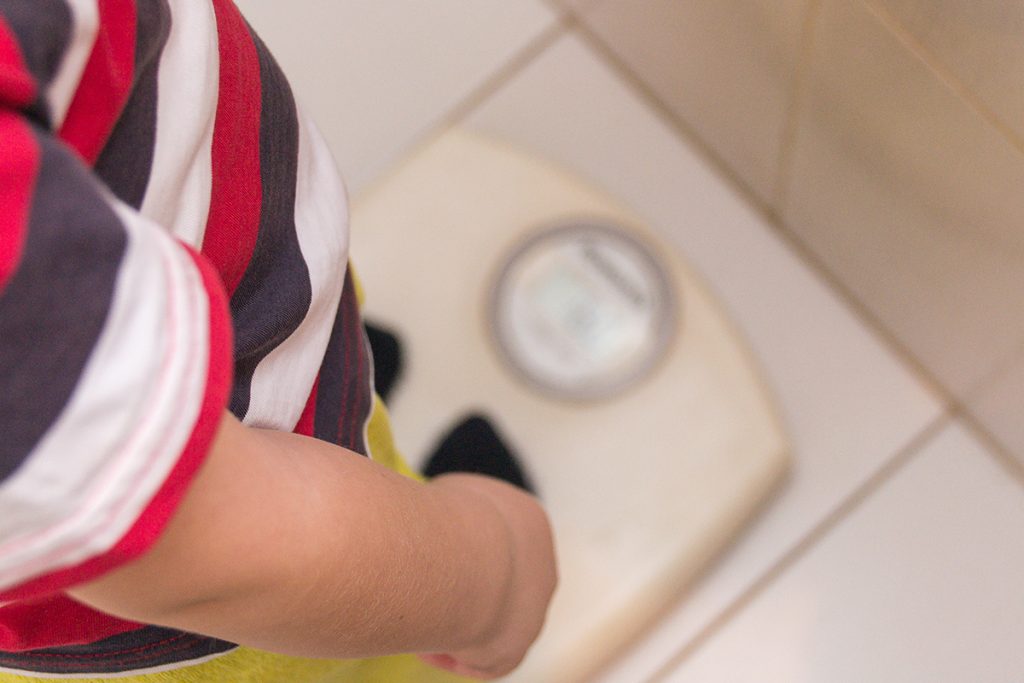 America’s fixation with thinness continues. With the rise of SkinnyTok and other toxic social media trends, children and teens are getting unhealthy messages about weight and appearance. For parents and medical providers, the potential for depression, bullying and eating disorders are real concerns. Fortunately, there are positive steps parents can take to foster a healthy body image in their children. Your family’s pediatrician is here to help you navigate this challenging terrain.
America’s fixation with thinness continues. With the rise of SkinnyTok and other toxic social media trends, children and teens are getting unhealthy messages about weight and appearance. For parents and medical providers, the potential for depression, bullying and eating disorders are real concerns. Fortunately, there are positive steps parents can take to foster a healthy body image in their children. Your family’s pediatrician is here to help you navigate this challenging terrain.
How Can I Help My Child Develop A Healthy Body Image?
Our body image refers to the way we perceive our bodies, and it’s often closely tied to our perception of weight. Adults can also experience body image issues. As parents, one of our primary challenges is not letting our insecurities related to body image trickle down to our kids. This requires mindfulness on the part of parents and can have a positive impact on the whole family. Here are some ideas to keep in mind:
- Don’t make negative comments about your body in front of your children, even when they’re little and you don’t think they’re paying attention.
- Avoid comparing your body or your child’s body to other people, even in ways that seem innocuous.
- Make positive comments about what your child’s body (and your own body) can do, focusing on strength and capability.
- Make and accept compliments. Underscore your child’s abilities and accomplishments, and model positive self-talk.
- If weight loss is a goal, focus on achieving better health. Discuss diet and exercise in the context of achieving overall health rather than focusing solely on weight loss.
 What If My Child Is Overweight?
What If My Child Is Overweight?
If you or your child is overweight, making positive changes is a good goal. However, the focus should be on better health, not appearance.
- Help your child build self-esteem and self-acceptance as they move towards a healthy lifestyle.
- Acknowledge their feelings and emotions. Encourage them to discuss their concerns with you and find a therapist with experience working with children and adolescents.
- Discuss healthy weight loss strategies with your pediatrician.
- Work on building a healthy lifestyle as a family.
How Can My Family Work Towards A Healthy Lifestyle?
Parents and kids can work together to achieve a healthier lifestyle in ways that promote weight loss in a fun and positive manner while also enhancing self-esteem.
- Plan and serve healthy meals together. Get your children involved in shopping and preparation, and make mealtime a fun family activity.
- Plant a garden and work together to plan, tend and cultivate vegetables.
- Ensure everyone is getting enough sleep and model healthy sleep behaviors, such as putting phones away at least 30 minutes before bed.
- Get active as a family. Plan walks, bike rides and swimming for fitness. Enroll in a parent-and-child yoga or exercise class, or take your teen to the gym for joint workouts.
Fostering A Healthy Body Image: Parents Matter And Pediatricians Can Help
It’s a little scary to think about all the things our kids are exposed to that tell them they’re not good enough: the movie star with the protruding collarbones and shoulder blades, the well-meaning friends at lunch who suggest your daughter should eat a salad instead of a sandwich. Our kids hear a chorus of voices that can hurt body image and damage self-esteem. As parents, we’re their first role models, so it’s on us to help build them up instead of piling on to the negative messaging. Often, this starts with the ways we talk to ourselves. It can be hard to change thought patterns, but our positive choices can help our kids avoid eating disorders and other mental health challenges.
The good news is that there are healthy ways to discuss obesity, being overweight, and making positive lifestyle choices. At Loudoun Pediatric Associates, our team is dedicated to supporting parents and children on their journey toward improved health. And sometimes weight loss is part of that. We can help you make positive changes and provide support in framing issues without damaging your child’s self-esteem. We can also help with referrals to specialized therapists and nutritionists as needed. Let’s get the conversation going for better health.







